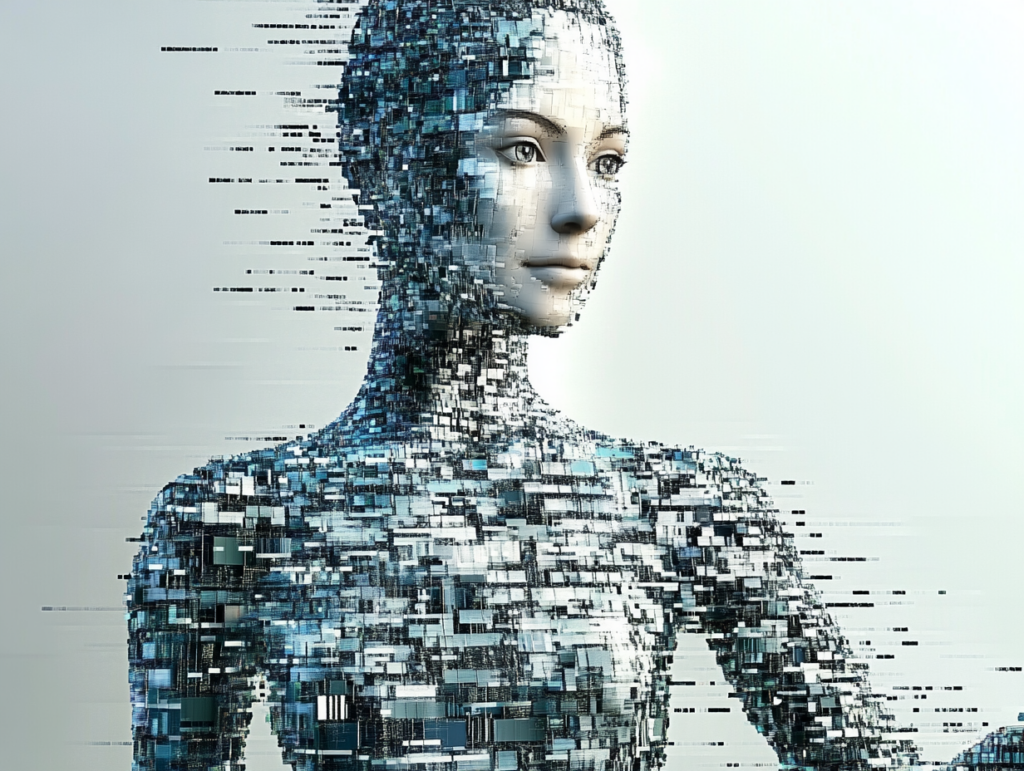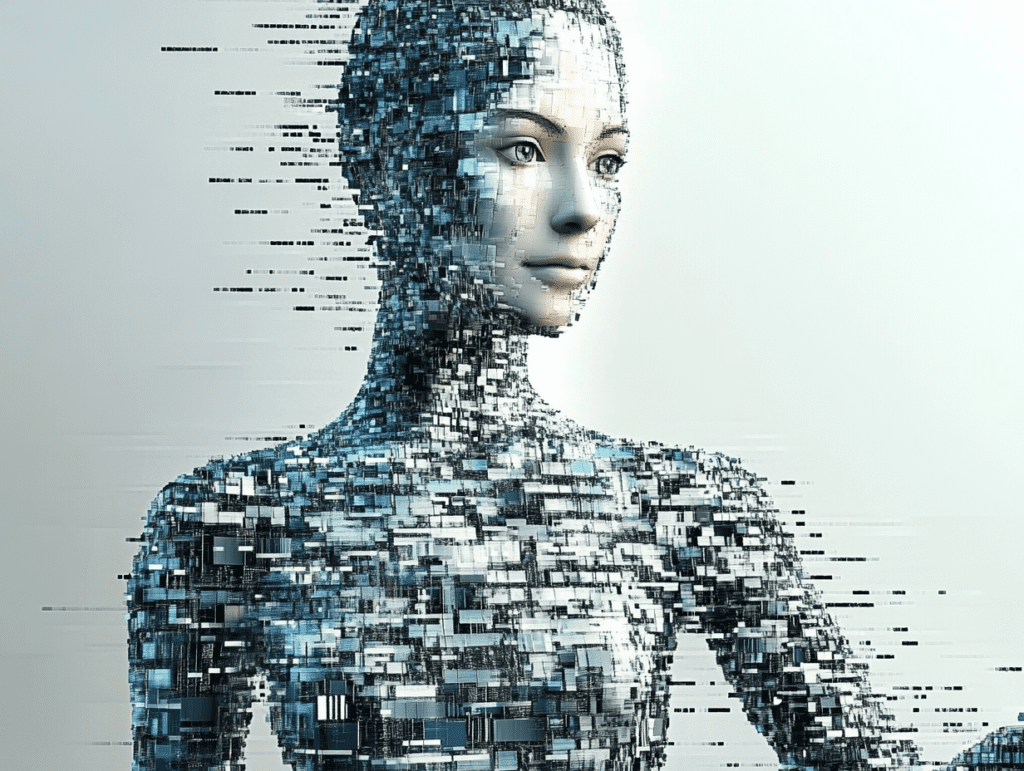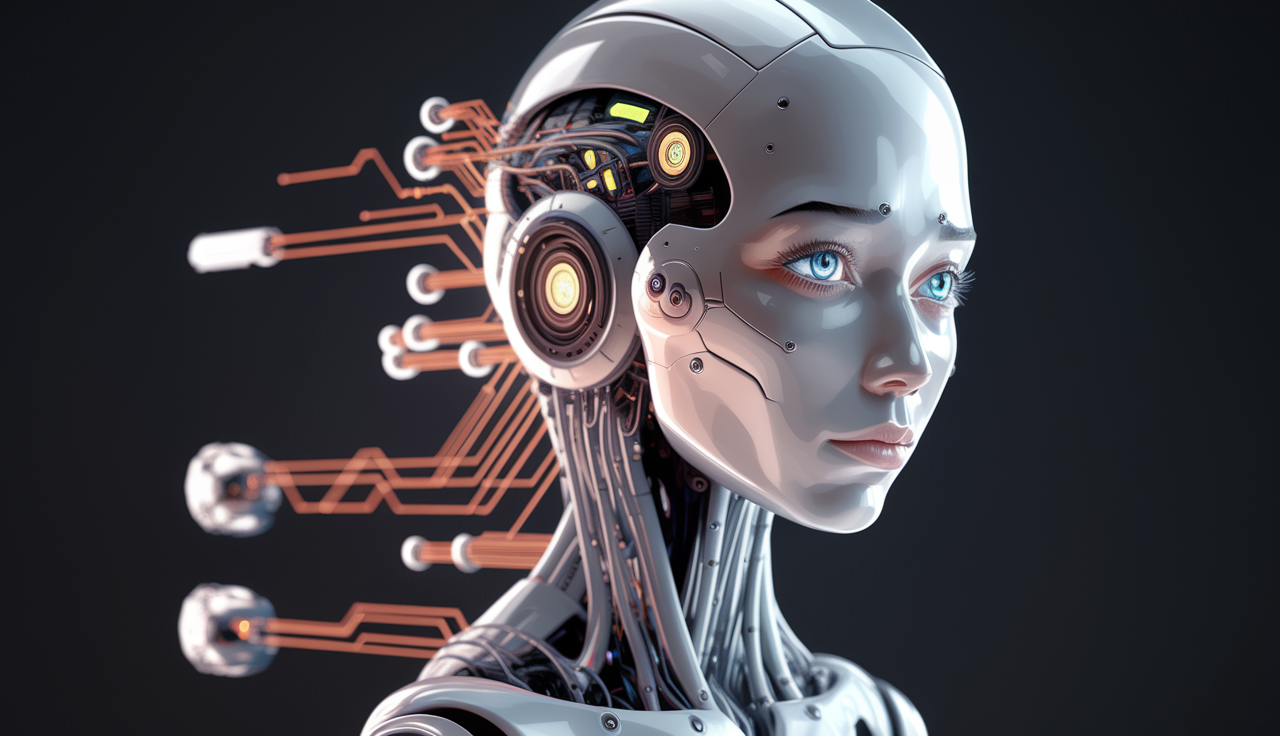Understanding AI Accelerationism: Silicon Valley’s Radical Vision for the Future
What is AI accelerationism? AI accelerationism, or “e/acc” as it’s known in tech circles, has emerged as one of Silicon Valley‘s most influential and controversial ideological movements. At its core, it represents a radical optimism about artificial intelligence and its potential to reshape human civilization as we know it.
What is AI Accelerationism?
At its most basic, AI accelerationism advocates for the rapid and unrestricted development of artificial intelligence. Unlike those who call for careful regulation and safety measures, accelerationists believe that faster AI development is not just beneficial but crucial for humanity’s future. They reject what they see as excessive caution, often dismissing AI safety advocates as “doomers.”
The Core Beliefs
Technological Solutions to Global Problems
Accelerationists believe that unrestricted technological progress, particularly in AI, holds the key to solving humanity’s greatest challenges. From their perspective, issues like climate change, poverty, and disease are problems that advanced AI could potentially solve if we develop it quickly enough.
Post-Human Future
Perhaps most ambitiously, many e/acc proponents envision a future where the line between human and machine blurs. They embrace the possibility of human-AI integration and the emergence of new forms of consciousness and intelligence.


Market-Driven Innovation
The movement has strong libertarian leanings, advocating for minimal government intervention in AI development. They believe that market forces, not regulation, should guide technological progress.
Silicon Valley’s Embrace
The movement has gained significant traction among tech industry leaders, with prominent figures like legendary tech venture capitalist Marc Andreessen publicly aligning themselves with e/acc principles. This has transformed what might have remained a fringe philosophy into a powerful force shaping tech industry discourse.
The Pushback
Critics of AI accelerationism raise several important concerns:
- The potential development of AI systems without proper safety measures
- The risk of worsening existing social and economic inequalities
- The neglect of crucial ethical considerations in the pursuit of rapid progress
Why It Matters
Whether you agree with AI accelerationism or not, its influence on tech culture and policy is at this moment extreme. The movement represents a significant shift in how some of tech’s most powerful figures think about progress and innovation. Their vision of an AI-driven future – for better or worse – could shape the development of some of the most transformative technologies in human history.
The Broader Context
AI accelerationism didn’t emerge in isolation. It can be seen as a direct response to movements advocating for careful, ethical AI development, particularly the effective altruism community. While effective altruists emphasize caution and safety in AI development, accelerationists argue that such careful approaches might prevent us from realizing AI’s full potential to benefit humanity.
Looking Forward
As AI technology continues to advance at a rapid pace, the debate between accelerationists and their critics will likely intensify. The outcome of this ideological battle could have profound implications for how AI is developed and deployed in the coming years, potentially affecting everything from daily life to the long-term future of human civilization.
This movement represents more than just a technological philosophy – it’s a radical vision for humanity’s future that carries both tremendous promise and significant risks. Understanding AI accelerationism — from terminology to trends — is crucial for anyone seeking to grasp the forces shaping our technological future, regardless of where one stands on its merits or morals.

Comments are closed.